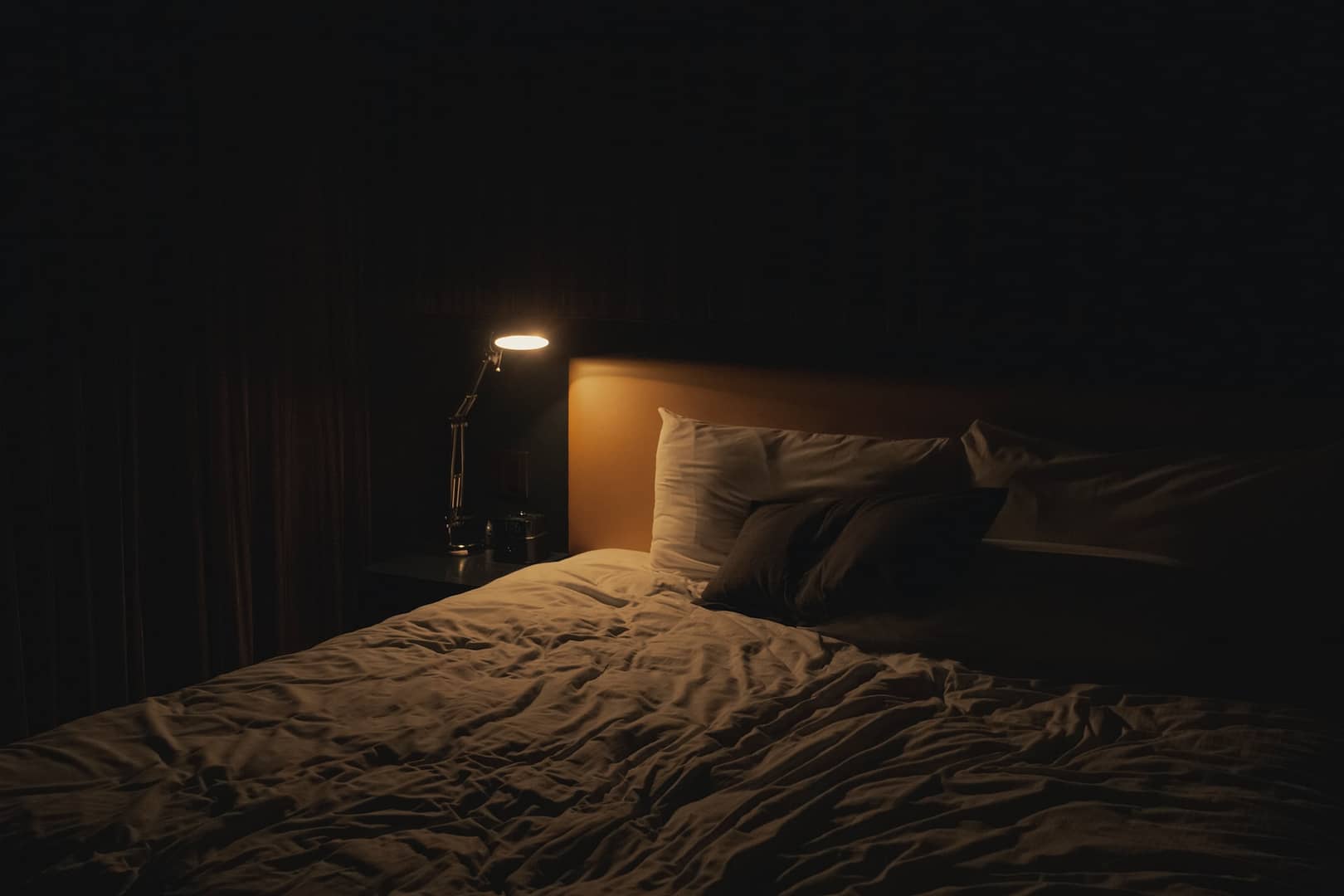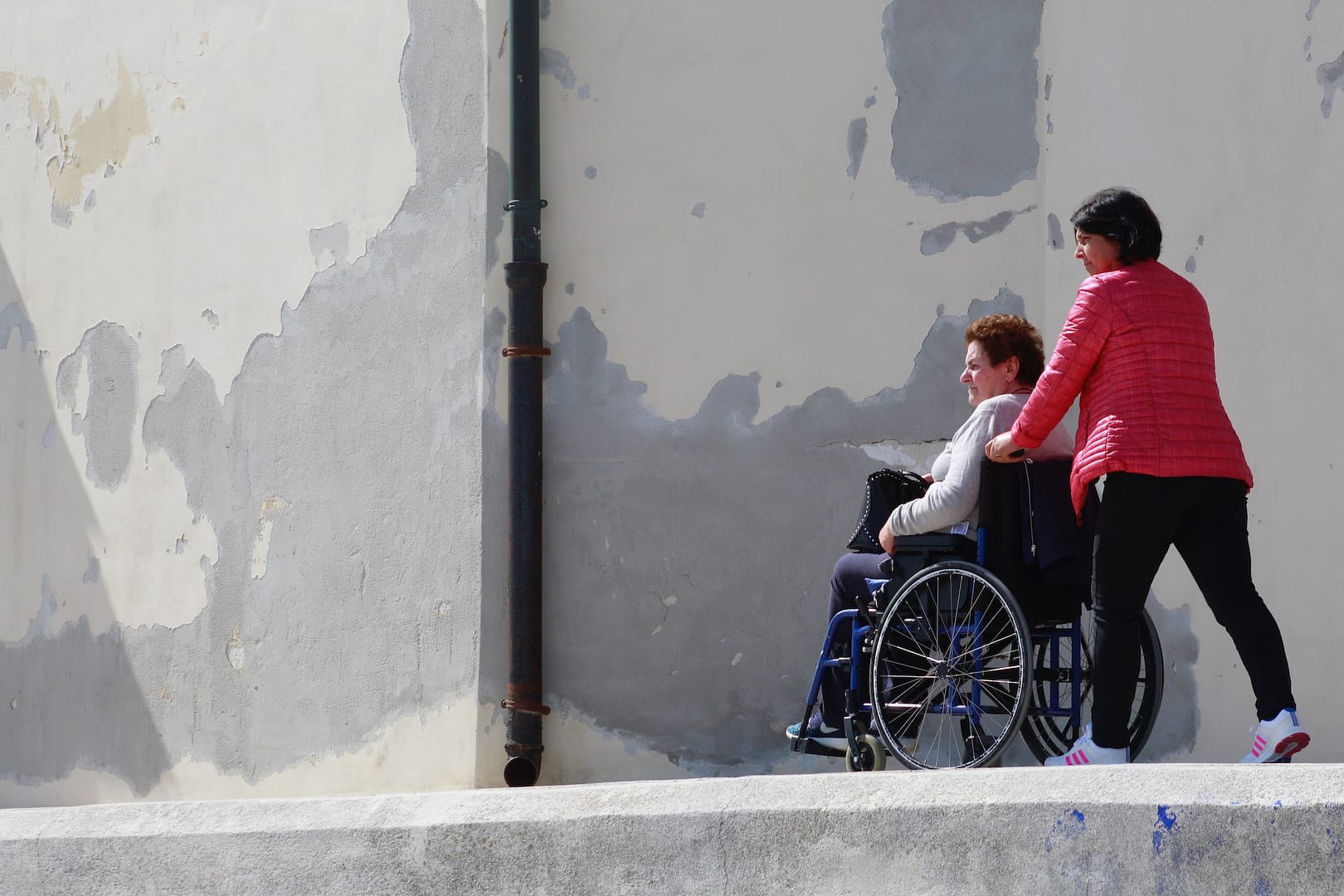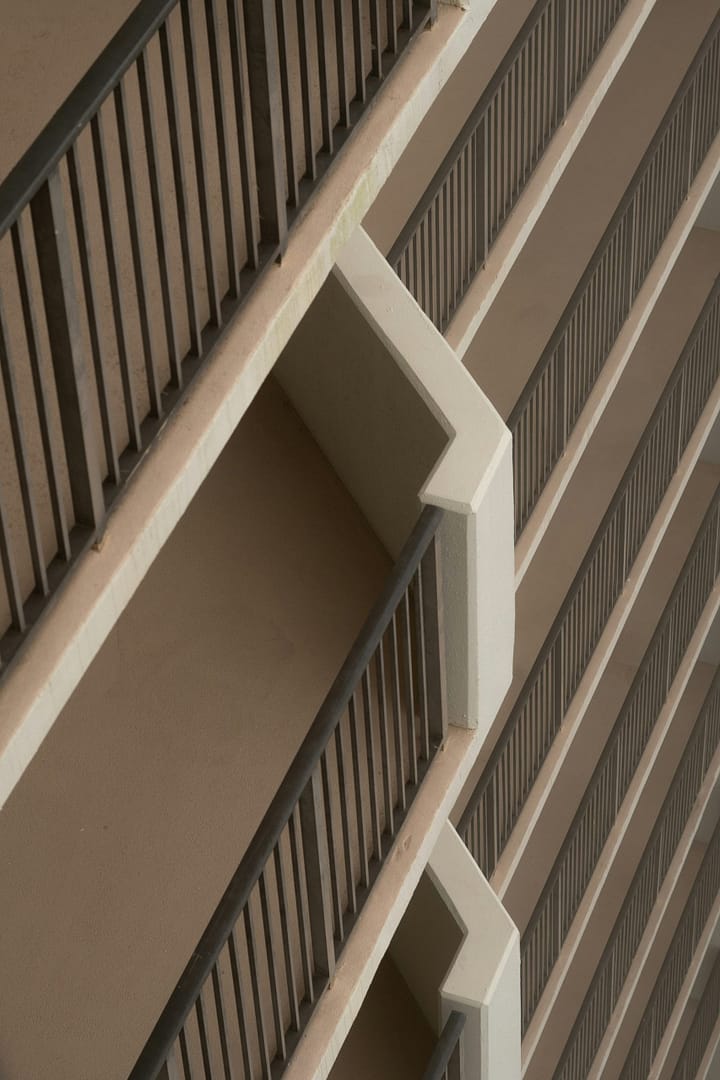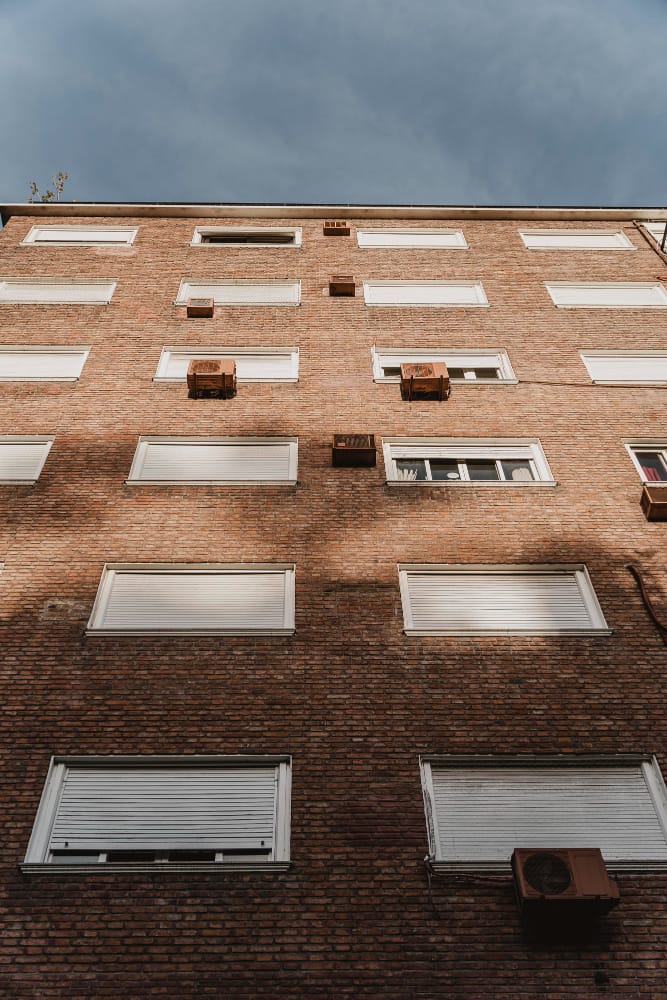Housing is a fundamental human need that provides shelter, comfort, and security. However, not all households in the world have access to decent housing. Housing disrepair is a major issue that affects many households globally. It is a problem that can cause significant harm to the health and wellbeing of residents, especially those who are vulnerable.
Housing disrepair is the state of a dwelling that has deteriorated or fallen into a state of disrepair. This can occur due to various factors, including poor maintenance, inadequate funding, and lack of government intervention. The causes of housing disrepair are numerous, and their effects can be devastating to residents and communities.
Causes
One of the primary causes of housing disrepair is poor maintenance. Landlords and property managers have a responsibility to ensure that their properties are maintained to a decent standard. Failure to do so can result in issues such as leaking roofs, damp, and defective electrical or heating systems. These issues can pose significant risks to the health and safety of occupants, and if not addressed, can lead to more severe problems over time.
Another cause of housing disrepair is inadequate funding. Many landlords and property managers may not have sufficient funds to maintain their properties properly. This can result in deferred maintenance, which can lead to more severe problems over time. It is often the case that landlords may choose to ignore smaller issues, hoping that they will resolve themselves, rather than investing in repairs that could prevent further damage.
Lack of government intervention is also a significant cause of housing disrepair. In many countries, there are no regulations or guidelines that mandate landlords to maintain their properties to a specific standard. This can result in a situation where landlords are free to neglect their properties, leaving tenants to suffer the consequences. Governments need to implement regulations and guidelines that ensure landlords maintain their properties to a decent standard.
Effects
The effects of housing disrepair can be severe, and in some cases, life-threatening. Residents of properties that have fallen into a state of disrepair may be at risk of developing health problems. These can include respiratory problems due to damp and mould, carbon monoxide poisoning due to defective heating systems, and falls due to defective flooring. These health problems can be especially severe for vulnerable populations, such as the elderly, young children, and those with pre-existing health conditions.
In addition to health problems, housing disrepair can also cause financial difficulties for residents. For example, residents may have to pay for repairs themselves or move out of their homes temporarily. These costs can be significant, and in some cases, may be prohibitive for residents who are already struggling financially.
One type of financial compensation that residents may be entitled to in the event of housing disrepair is special damages. Special damages are a type of compensation that covers any financial losses incurred as a direct result of the housing disrepair. This can include costs such as medical bills, lost wages due to time off work, and expenses incurred in finding alternative accommodation.
Why it is in the Landlords’ Best Interests to Attend to Disrepair?
Landlords have a responsibility to maintain their properties to a decent standard. However, some landlords may choose to neglect their properties, either due to a lack of funding or a lack of interest. This can result in a situation where the property falls into a state of disrepair, posing significant risks to the health and wellbeing of residents.
It is in the best interests of landlords to attend to disrepair promptly. Failure to do so can result in more severe problems over time, which can be more costly to address. For example, a minor issue such as a leaking roof may result in damp and mould over time, which can cause significant damage to the property and pose health risks to residents.
Additionally, attending to disrepair promptly can help to maintain the value of the property. A property that is well-maintained is likely to attract more tenants and command higher rent. On the other hand, a property that is in a state of disrepair may be difficult to rent out, resulting in lost income for the landlord.
Finally, attending to disrepair promptly can help to maintain a positive relationship between the landlord and tenants. Tenants who feel that their concerns are being heard and addressed are more likely to stay in the property for longer and may be more likely to recommend the property to others.
If your landlord is still reluctant to remedy any disrepair in your home, you can start your claim with us at National Claims, and you will be put in touch with a member of our knowledgeable claims team.

Conclusion
In conclusion, attending to disrepair promptly is in the best interests of landlords. Neglecting the property can result in more severe problems over time, which can be more costly to address. Additionally, a property that is well-maintained is likely to attract more tenants and command higher rent, and maintaining a positive relationship with tenants can help to ensure that they stay in the property for longer.
Contact us today to begin your claims process as soon as possible with National Claims.
Note: You can only make a claim if you are currently living in social housing.
Click below to see why we are one of the most trusted claims management companies in the UK.





